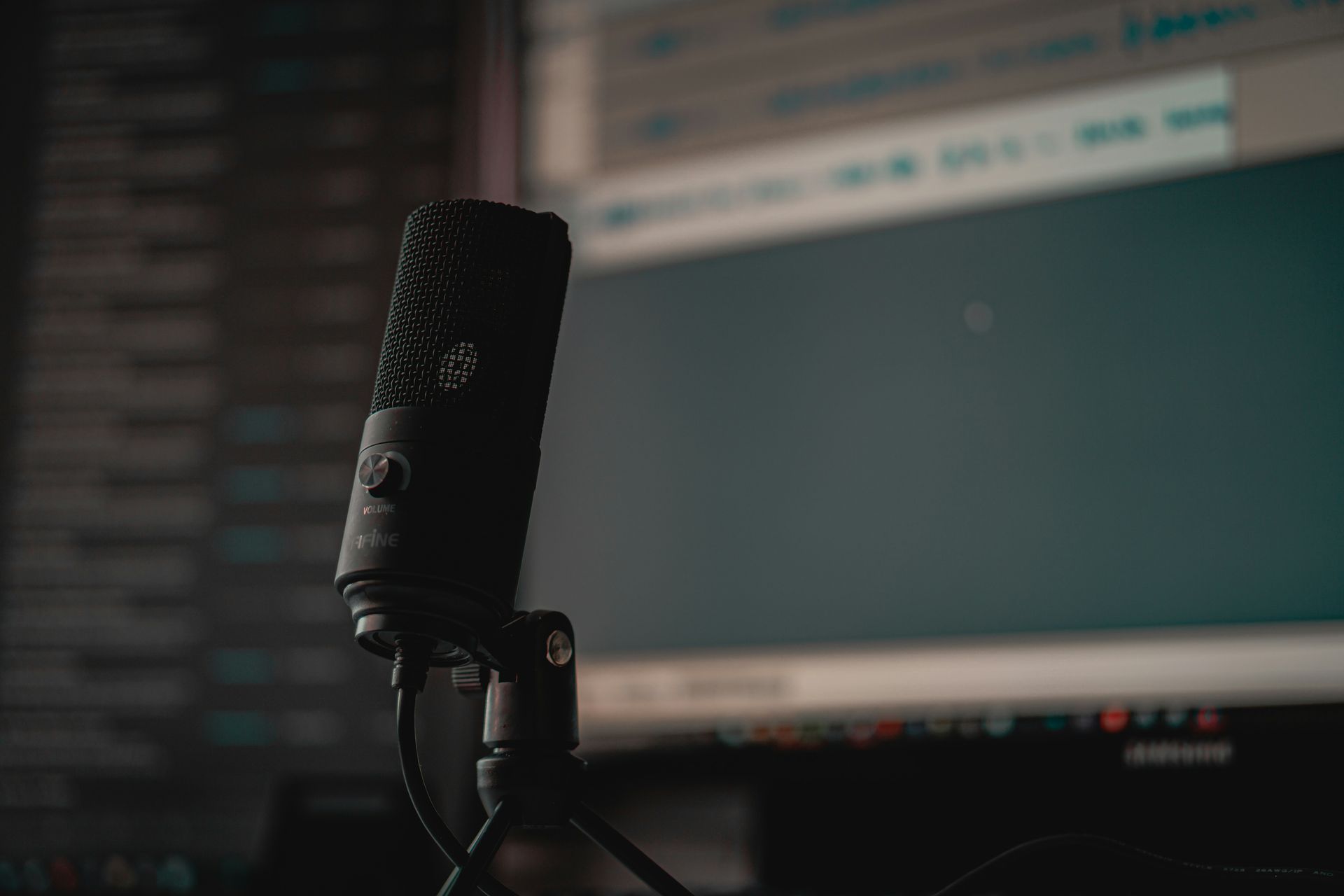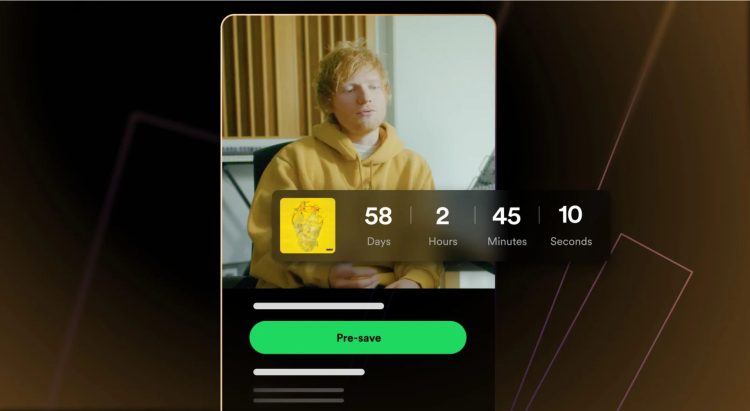Spotify has launched an innovation that will make waves in the audiobook market. Spotify Countdown Pages feature aims to revolutionize author interactions with their fans.
The new Countdown Pages feature will allow fans to pre-record upcoming audiobooks and automatically add them to their libraries when they are released, similar to the countdown pages musicians use to build excitement before an album.
Spotify Countdown Pages feature: How does it work?
This move by the music streaming giant opens a new era in the audiobook market and breaks some traditional habits.
It’s also worth noting that most audiobook listeners prefer to listen to books through Spotify’s premium streaming service rather than buying them. This is changing the way authors interact with their fans.

The Countdown Pages feature helps authors improve their book promotion and marketing strategies by giving them a platform to interact with fans like musicians do.
Spotify‘s integration of music-style features into the audiobook vertical looks set to continue in the near future. The company’s vision for audiobooks is becoming clearer every day.
Some key benefits of Countdown Pages:
- Authors can significantly increase excitement and interest before the release date of their book.
- Fans can keep track of new works by their favorite authors and automatically add them to their libraries.
- Spotify can gain an even stronger foothold in the audiobook market.

So what does this new feature mean for authors and the audiobook market?
Spotify Countdown Pages will give authors a whole new platform to promote their books and engage with fans. This can significantly help authors increase their books’ visibility and boost sales. For the audiobook market, this innovation could encourage the growth and development of the market by increasing the interaction of authors and listeners.
Spotify’s Countdown Pages feature is an exciting development for the audiobook world. It will improve the experience of authors and listeners and grow the audiobook market.
Featured image credit: Spotify





